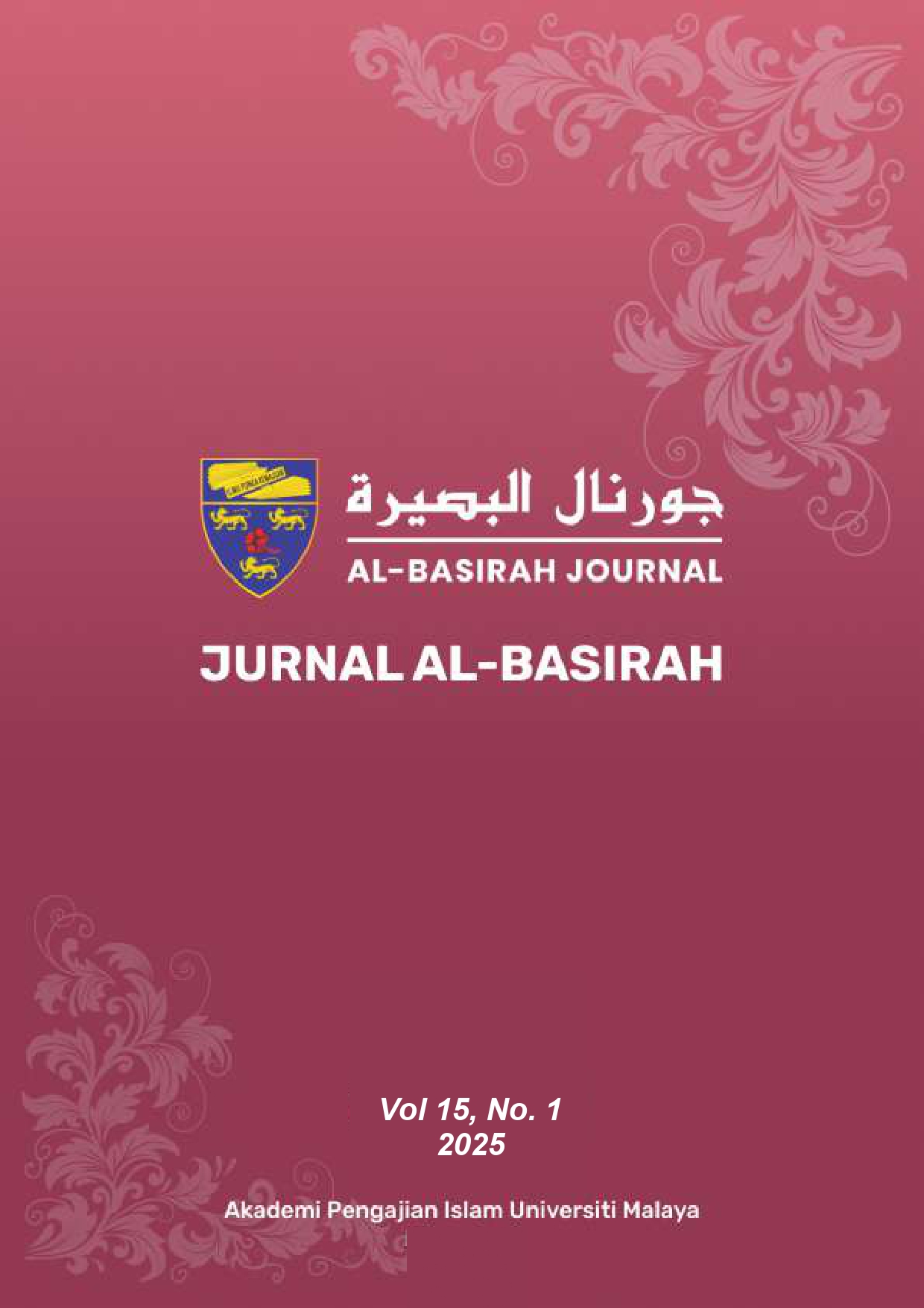الآليات الشرعيّة والتربويّة لمواجهة الجرائم السيبرانيّة: دور الأسرة والمدرسة
Sharia-Based and Educational Mechanisms for Combating Cybercrime: The Role of Family and School
DOI:
https://doi.org/10.22452/basirah.vol15no1.4Keywords:
strategies for countering, cybercrime, Islamic legal rulings, family role, school roleAbstract
This study examines cybercrime through the lens of Islamic objectives of the law (maqāṣid al-sharīʿa), highlighting the capacity of Islamic rulings to complement positive legislation with flexible ethical frameworks that govern digital behaviour and safeguard essential societal interests. Adopting a descriptive–analytical methodology, the research first catalogues relevant sharīʿa-based measures and statutory regulations, then analyses them to derive preventive guidelines that integrate religious, technical, and educational dimensions. The findings demonstrate that the maqāṣid framework can effectively address cyber-threats; classifying digital offences under taʿzīr (discretionary punishments) grants judges sufficient latitude to deter misconduct. Moreover, fostering a culture of positive parental oversight and embedding values of trustworthiness and privacy within school curricula reduce cyber-deviance among youth. The study also underscores the need for institutional cooperation among Islamic authorities, educational bodies, and telecommunications regulators to close legislative gaps and keep pace with technological developments. It recommends issuing a unified sharīʿa-technical guide, developing training programmes for parents and educators, and establishing an open-access knowledge platform and national response centres that combine Islamic jurisprudential and technical expertise to build a secure digital environment consistent with Islamic values.

















